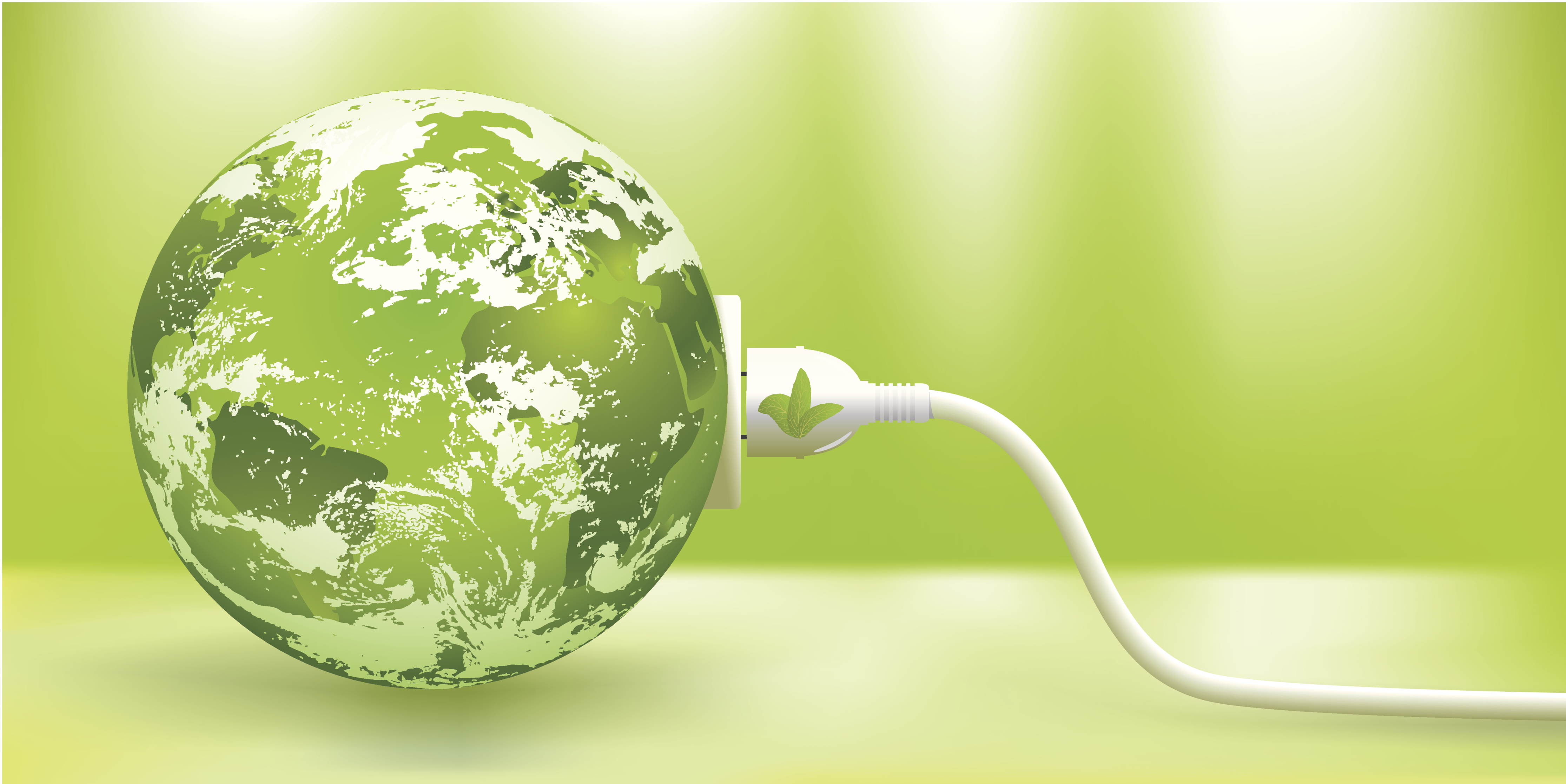In today’s age of rising pollution and GHG emissions, energy conservation has become a necessity. It means reducing energy usage by using less of an energy service. Energy conservation differs from energy-efficiency, which means to use less energy for the same constant service. Here are some things that can help you in the energy-saving endeavors
First and foremost, replace a regular incandescent light bulb with a compact fluorescent light bulb. CFLs use 60% less energy than a regular bulb.
Don’t leave appliances on standby mode. When finished using a machine, switch off the main socket itself.
Get a home/office energy audit done. When you track your energy usage, you can save up to 30% on energy bills.
Defrosting old fridges and freezers regularly would not only keep them cleaner, but will also save power. If you can, replace older ones with newer models, which are energy-efficient and have automatic defrost cycles.
Replace single-glazed windows with double-glazing. This might sound costly, but will halve the energy lost through windows and pay off in the long term.
Turn to nature, turn to green energy! If possible, switch to energy generated by clean, renewable sources such as wind and solar.
Cover pots and pans when cooking. Even better options are pressure cookers and steamers, which help save around 70%.
Use washing machine or dishwasher only when they can be fully loaded. If you need to use it when half full, then use the half-load or economy setting.
Reduce, reuse, recycle−the golden rule to help not only in energy-saving, but other aspects of everyday life as well. Recycle organic waste; you can save 2,400 pounds of carbon dioxide a year by recycling half of the waste your household generates.











Recent Comments